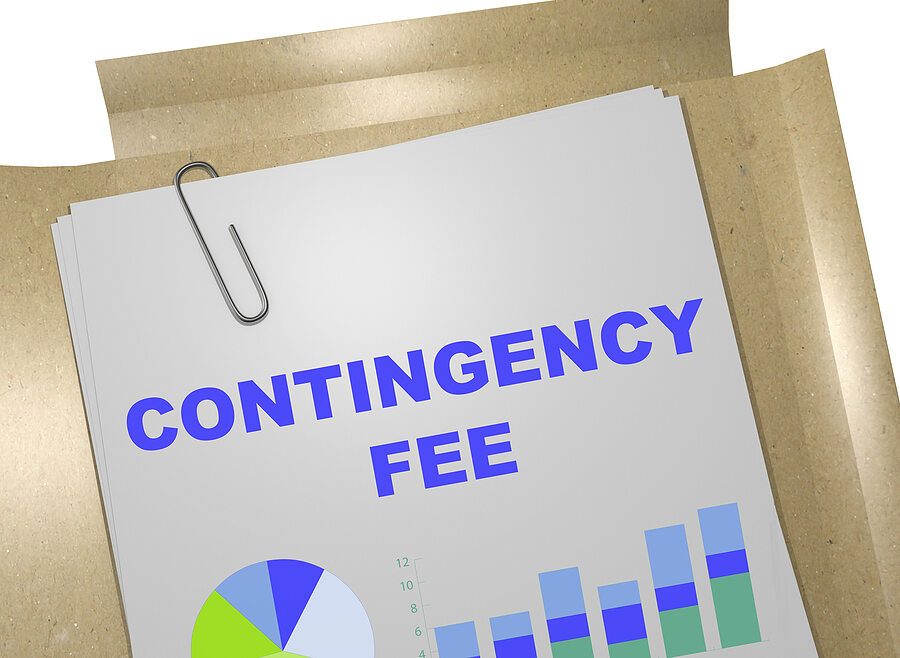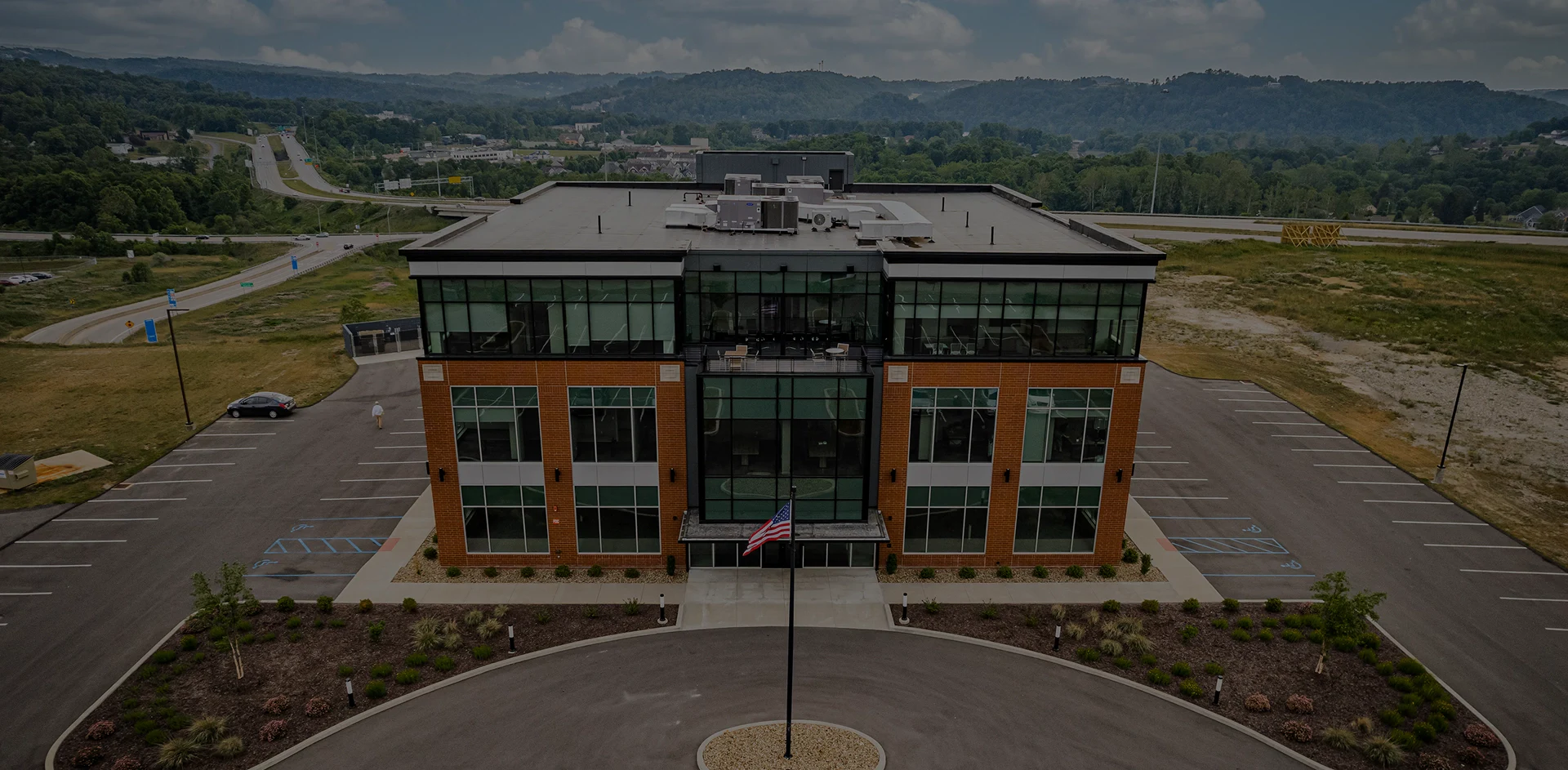What Is a Contingency Fee?

Lawyers provide victims of negligence several important benefits during a lawsuit. They handle most legal matters, allowing you to save time and focus on your recovery. Additionally, a lawyer alleviates the pressure insurance companies often put on victims.
However, a common concern people have is how much an attorney will cost. Your personal injury lawyer may tell you they operate on a contingency fee. What are contingency fees, and how do they work?
How to Locate the Right Lawyer?
Over 200,000 people in the United States suffer from unintentional injuries per year. In many cases, these injuries lead to a lawsuit. If you are injured in an accident and need to file a claim, an attorney increases the chances of fair compensation.
Law has many fields, and finding a lawyer specializing in personal injury is important for success. Personal injury lawyers typically list their specific practice areas or areas of expertise. You should look for an attorney familiar with the type of accident you endured.
Get a Referral
Lawyers can refer clients to other firms in the area if a case is outside their practice. You may know an attorney personally, or they might have represented you in another legal case. The attorney could know what lawyer has the skill set to help you in court.
Ask Friend or Family Member
The people you know may have insight into lawyers that can help you. A friend or family member might have been in an accident and had a qualified attorney win their case. Listen to their experiences and add the firm’s name to your list of prospects.
Browse the Internet
The online space provides multiple avenues to locate a personal injury firm. Any search engine can produce a list of eligible lawyers and connect you to their websites. You can visit the sites to see what areas of personal injury they cover and possible case results. You can check reviews using the search engine and the attorney’s websites to determine how satisfied other clients have been before committing to a lawyer.
Can You Find a Different Attorney?
You do not need to hire an attorney even if you have an initial consultation. You can visit multiple offices to discover which lawyer fits your needs. You can choose the right lawyer by weighing factors like personality, experience, and level of communication.
Remember, not every attorney will accept a prospective client. Even if a case has the potential for a high settlement, the possibility of winning it could be low. The odds or work required could cause a lawyer to reject a case. Create a shortlist of lawyers you are interested in and reach out until you get the help you need.
What Is a Contingency Fee?
The cost of litigation can be high, and people might ultimately spend thousands of dollars on a lawyer. This aspect is usually a significant concern when weighing the benefit of legal services. If someone has never filed a lawsuit before, they may be unaware of how personal injury attorneys typically charge clients.
A contingency fee is the most common payment method among personal injury attorneys. A contingency fee means you do not pay your lawyer until they win your case. You pay a portion of the settlement for their services when they succeed.
The percentage of the settlement a lawyer receives depends on several factors. The complexity of a case generally influences the percentage they charge. In some instances, the length of the legal process affects how much you pay a firm, particularly if they know the lawsuit will be lengthy.
Most lawyers set the contingency fee anywhere from 33 percent to 40 percent. Usually, the percentage remains fixed throughout the process. However, some attorneys might use a sliding scale based on the stage within the litigation process. They may charge more as the case progresses and they meet certain benchmarks.
Some firms have combined contingency fees with other types of fees. For example, you might agree to an hourly contingency arrangement. Under this agreement, you still only pay once you receive compensation, but the attorney bills you for hours worked.
All attorneys should discuss payment before you agree to hire them. They will elaborate on the fee agreement they implement and can address any questions or concerns you have. Be sure you fully understand the fee agreement before signing anything.
Additional Litigation Costs
Court Costs
Personal injury cases have additional costs beyond lawyer’s fees. Court costs are among the additional expenses you have to pay during litigation. When you file a complaint in civil court, the average price is between $100 and $400. You will also need to pay for the service of your filed lawsuit to the defendants.
Court costs may also include hiring a court reporter and paying for transcripts of in-court testimony. A transcript can cost up to $400 per copy.
Your lawyer usually covers these fees upfront and bills you for them later. These and other additional fees are often not included in your contingency agreement and must be paid whether you win or lose.
Deposition Expenses
Depositions exist to record witness testimonies outside of the courtroom. You need to pay for a court reporter or stenographer for any depositions taken. A copy of this transcript has a cost as well. The expense of a deposition increases the longer the event lasts.
Expert Witnesses
Many attorneys hire expert witnesses to support their arguments. The type of expert depends on the circumstances of your accident. The individual may have an hourly rate and need compensation for the time spent reviewing your case and preparing a report.
A complex case with multiple expert witnesses could cost thousands of dollars.
Attorneys need to balance the expenses of a lawsuit to keep a strong case cost-effective. You can discuss the additional costs with your lawyer to make informed decisions about your claim. You are the ultimate decision-maker, and if costs seem to be too high, you can express your concern to your lawyer and see if other avenues exist.
Questions to Ask During a Consultation
Before you hire a lawyer, you should meet with them for a free consultation. Consultations offer you an opportunity to ask questions and get a feel for the attorney’s practice and demeanor. You can ask about the specifics of their fee structure and how they will bill you during or after your case.
It is wise to discuss if there are any potential issues with your case. A complicated lawsuit may experience a multitude of difficulties throughout the litigation process. If issues are sufficiently apparent, your attorney can point them out and suggest solutions.
Another common question has to do with the attorney’s level of experience. You can inquire how long they have practiced law and their level of expertise with your particular accident type. A lawyer should be prepared to give you a clear picture of their history and instill confidence in their ability to handle your case.
The benefits of having an attorney far outweigh the costs, and most attorneys are ready to work with you to make legal services accessible. If you have been in an accident and need legal assistance, contact an experienced attorney prepared to get you the compensation you deserve.
Recent Posts
The Role of Truck Black Boxes in Accident Investigations Motorcycle Accidents Involving Semi-Trucks: Special Considerations in West Virginia Navigating Medical Bills While Recovering from a Motorcycle Accident Pre-Ride Safety Inspections That Could Save Your Life and Strengthen Your Case Seasonal Motorcycle Storage and Insurance: What Morgantown Riders Should Know